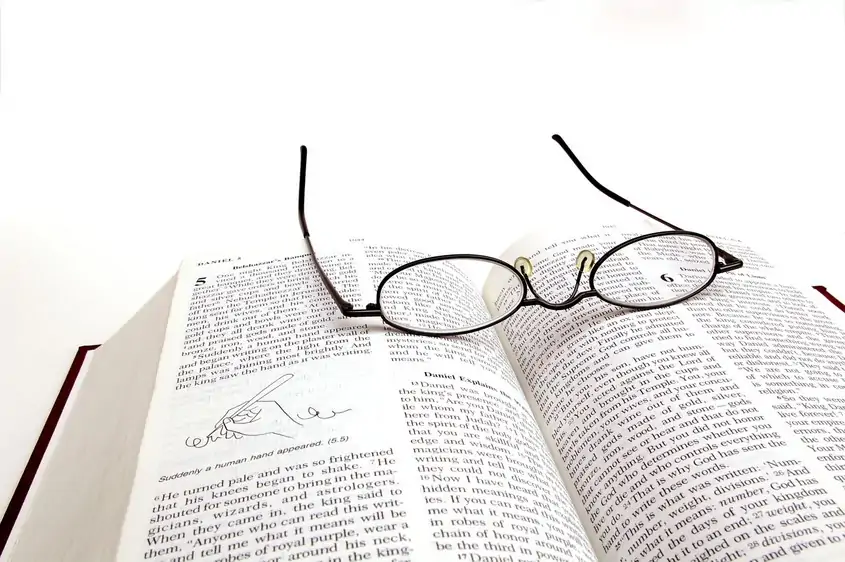Although ‘practise’ and ‘practice’ sound exactly the same and have very similar spellings, the one letter difference indicates whether the word is being used as a verb or a noun.
Understandably, many people struggle to remember which term to use in any given situation, so spelling mistakes are common. In academic writing, this doesn’t give a good impression to the reader. With our help, though, you need never mix them up again!
Practise (Verb)
When ‘practise’ is spelled with an ‘s’, it’s a verb that usually means ‘regularly repeat an activity in order to get better’. It’s used when talking about skills, like speaking a foreign language, playing a sport or drawing. ‘Practise’ would therefore appear in a sentence such as:
I practise playing the piano for an hour per day.
It is also used to mean ‘carrying out an activity regularly or habitually’, especially when discussing someone’s religion or profession. For example, we could say:
He is a practising Catholic.
Or we could say:
Find this useful?
Subscribe to our newsletter and get writing tips from our editors straight to your inbox.
She practises law.
In each case, ‘practise’ denotes a custom being carried out.
Practice (Noun)
When spelled with a ‘c’, ‘practice’ is a noun. This refers to a habitual or established way of doing something. If a doctor practises (verb) medicine, for example, she or he is engaged in medical practice (noun).
The word ‘practice’ can also be used to mean the physical place or building where a doctor or lawyer practises. For instance, a medical practice is somewhere you would go for a doctor’s appointment.
It can also be used a more general sense to mean ‘apply an idea or theory’, as in the phrases ‘she put her training into practice’ or ‘practice makes perfect’.
Practise or Practice?
Remember the basic rule: ‘practise’ with an ‘s’ is a verb and ‘practice’ with a ‘c’ is a noun. As such, if the sentence seems like it refers to an action, ‘practise’ is correct. If it refers to a thing, ‘practice’ will be the term to use.



